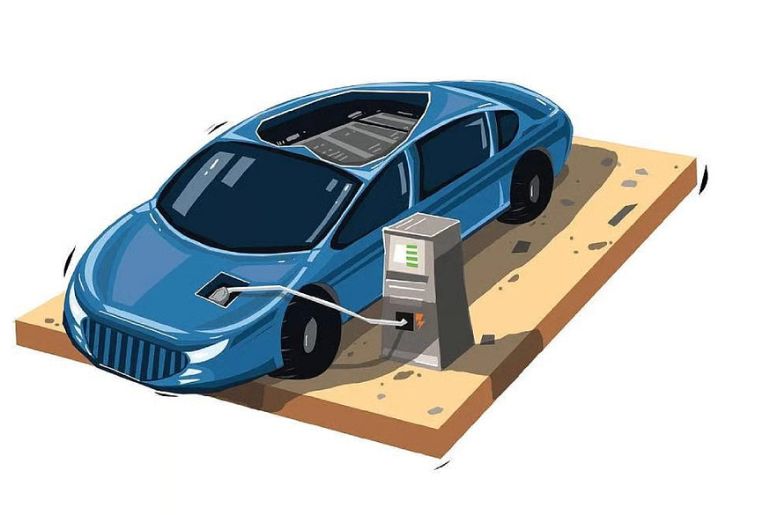Kerala is witnessing a notable decline in electric vehicle (EV) registrations, signaling a slowdown in the state’s push toward sustainable mobility. After recording 75,812 battery-operated vehicles (BOVs) in 2023—averaging about 6,317 per month—registrations fell by 20% in 2024 to 60,353 vehicles. As of September 2025, only 17,114 EVs have been registered, with monthly figures dropping to around 1,900.
Several factors are contributing to this downward trend:
-
Revocation of Road Tax Concessions: The Kerala government has removed the 50% road tax concession previously offered for the first five years of EV ownership.
-
Higher Charging Infrastructure Requirements: The Kerala State Electricity Board (KSEB) now requires households installing EV chargers to also have an Earth Leakage Circuit Breaker (ELCB), increasing installation costs.
-
Safety Concerns: Reports of EV fires and battery longevity issues have made potential buyers cautious.
-
Limited Charging Network Expansion: Kerala currently has 63 fast-charging stations and 1,169 pole-mounted chargers, with no clear plans for expansion, discouraging potential EV owners.
This trend mirrors a broader national decline in EV adoption. India registered 5.12 lakh EVs in 2025, down from 15.32 lakh in 2023. Policy changes, infrastructure challenges, and safety concerns have collectively shifted consumer preference toward hybrid vehicles in Kerala.
Experts suggest that renewed incentives, expanded charging infrastructure, and enhanced safety measures are critical to reviving EV adoption in the state.

